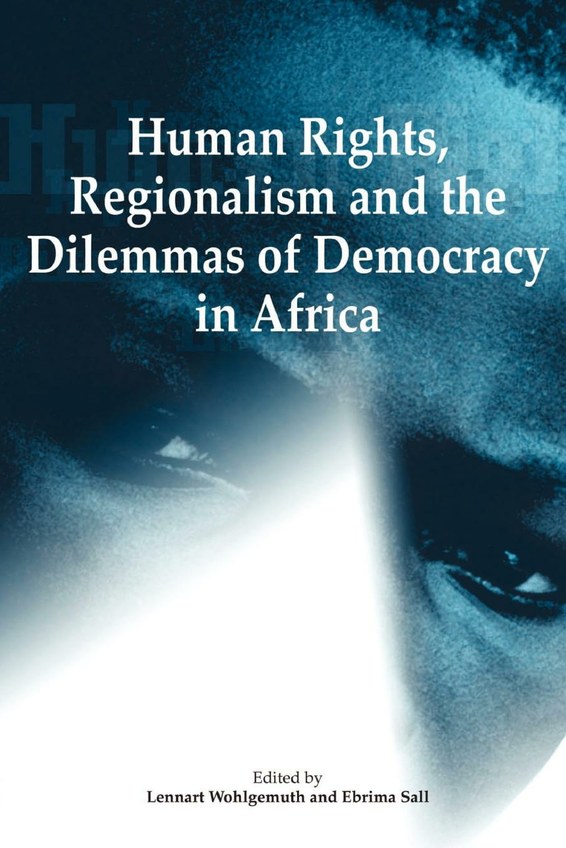Scholars in the Market Place : The Dilemmas of Neo-Liberal Reform at Makerere University, 1989-2005 (Printed)
Scholars in the Market Place : The Dilemmas of Neo-Liberal Reform at Makerere University, 1989-2005 (Printed)
Scholars in the Marketplace is a case study of market-based reforms at Uganda’s Makerere University. With the World Bank heralding neoliberal reform at Makerere as the model for the transformation of higher education in Africa, it has implications for the whole continent. At the global level, the Makerere case exemplifies the fate of public universities in a market-oriented and capital friendly era. The Makerere reform began in the 1990s and was based on the premise that higher education is more of a private than a public good. Instead of pitting the public against the private, and the state against the market, this book shifts the terms of the debate toward a third alternative than explores different relations between the two. The book distinguishes between privatisation and commercialisation, two processes that drove the Makerere reform. It argues that whereas privatisation (the entry of privately sponsored students) is compatible with a public university where priorities are publicly set, commercialisation (financial and administrative autonomy for each faculty to design a market-responsive curriculum) inevitably leads to a market determination of priorities in a public university. The book warns against commercialisation of public universities as the subversion of public institutions for private purposes.
Human Rights, Regionalism and democracy in Africa (Printed)
Human Rights, Regionalism and democracy in Africa (Printed)
It has often been argued that the concept of human rights is an artefact of modern Western civilisation, that human rights in the South are privileges conferred. These approaches have taken little cognisance of the place accorded to the societal rights held in such esteem as complementary to individual rights in traditional African society. In contrast, this study argues that human rights in Africa are as much about the dignity of Africans as about the commitments of others towards them. It argues for a critical defence of universal human rights within a multicultural framework. From historical perspectives, it illustrates how the slave trade, and then colonialism undermined the traditional balance of individual and societal rights.
The work further traces the rise and fall and rise again of the human rights agenda in the post-independence period. It discusses the achievements of the African Commission and the African Union, and suggests ways of strengthening the human rights framework on the continent. The book came out of a conference that took place in Uppsala, Sweden in 2004 involving practitioners, scholars and activists in the field of human tights in Africa.



